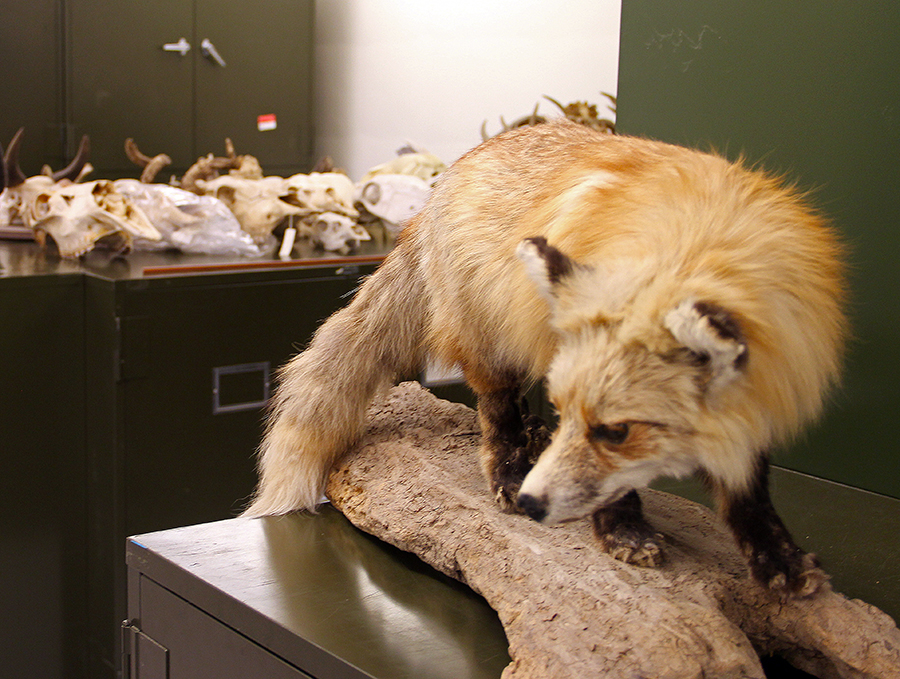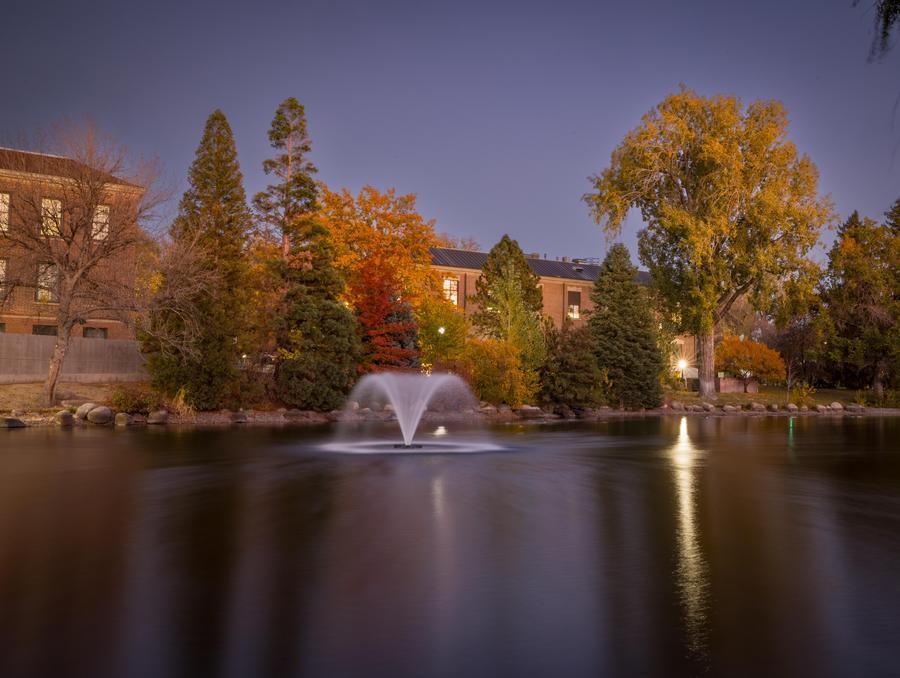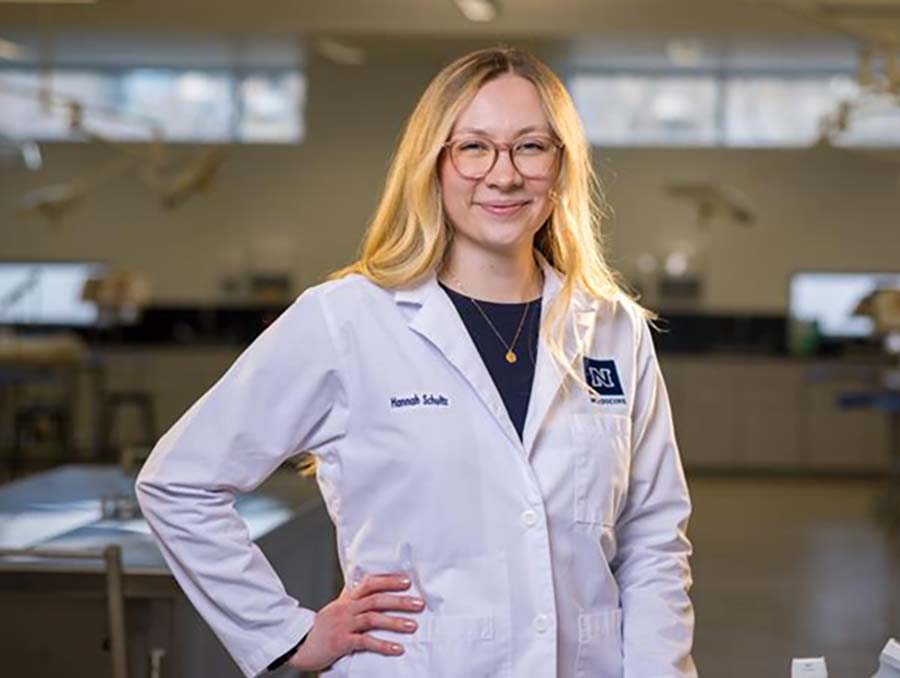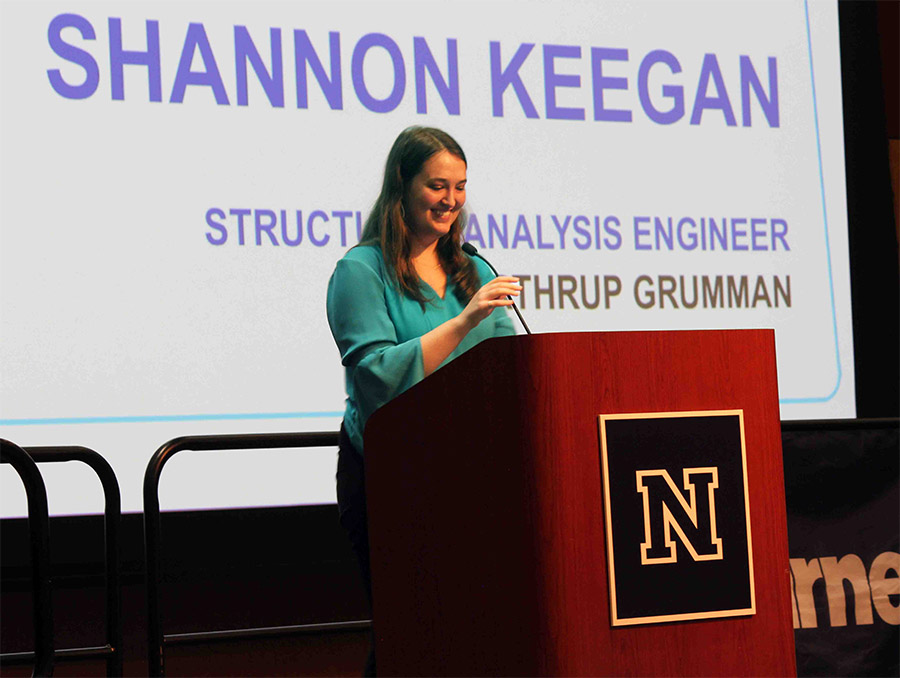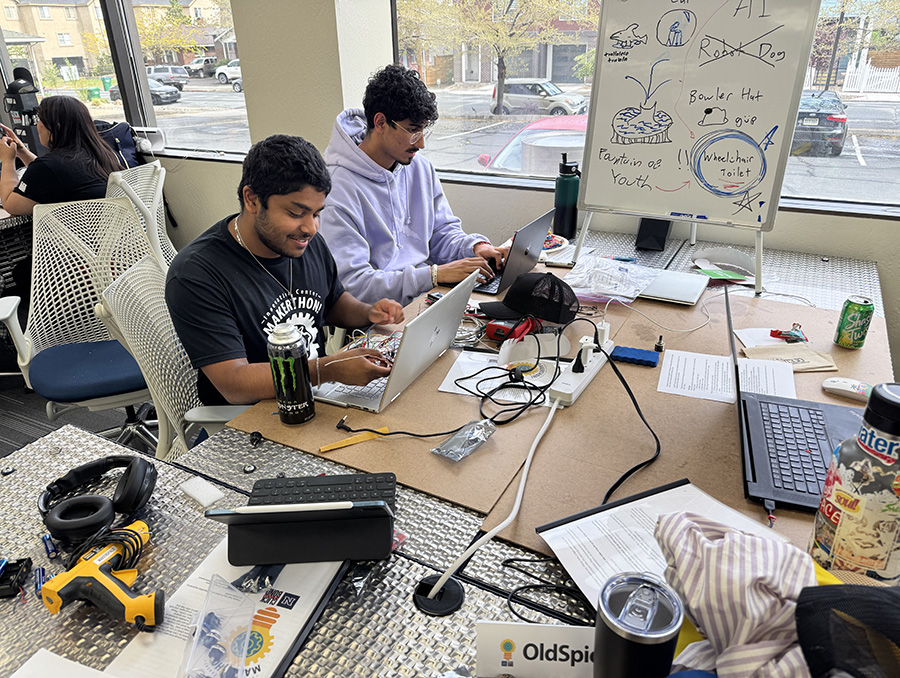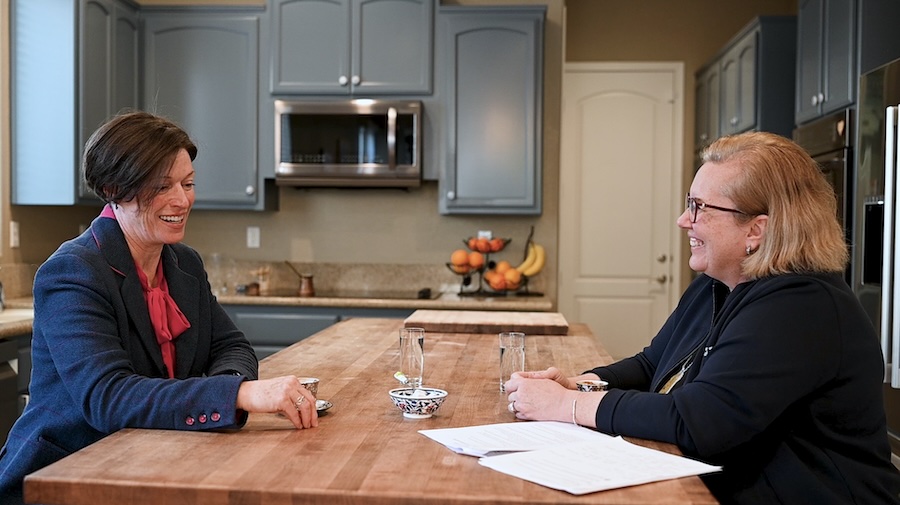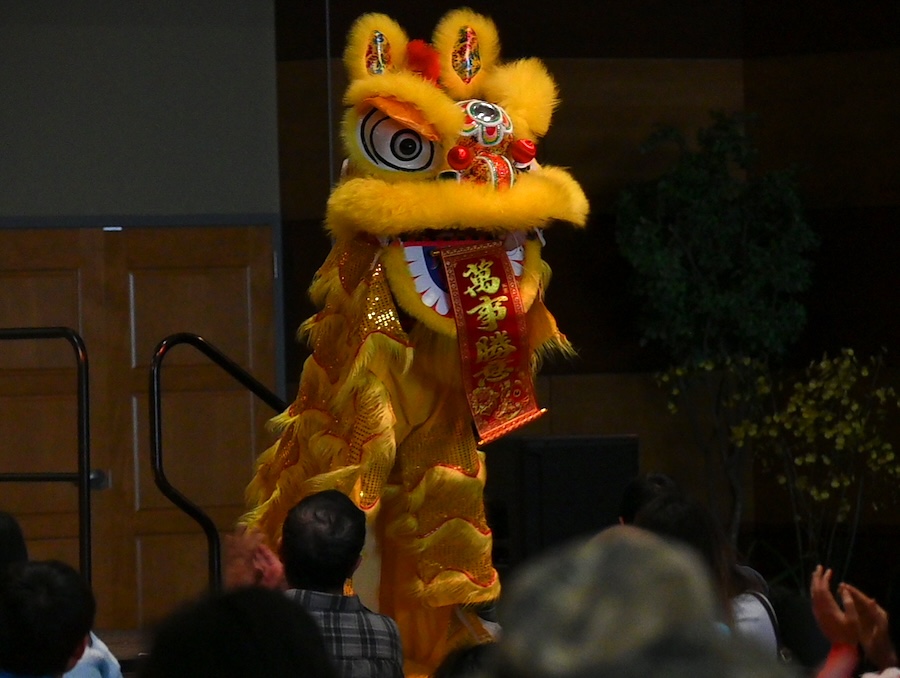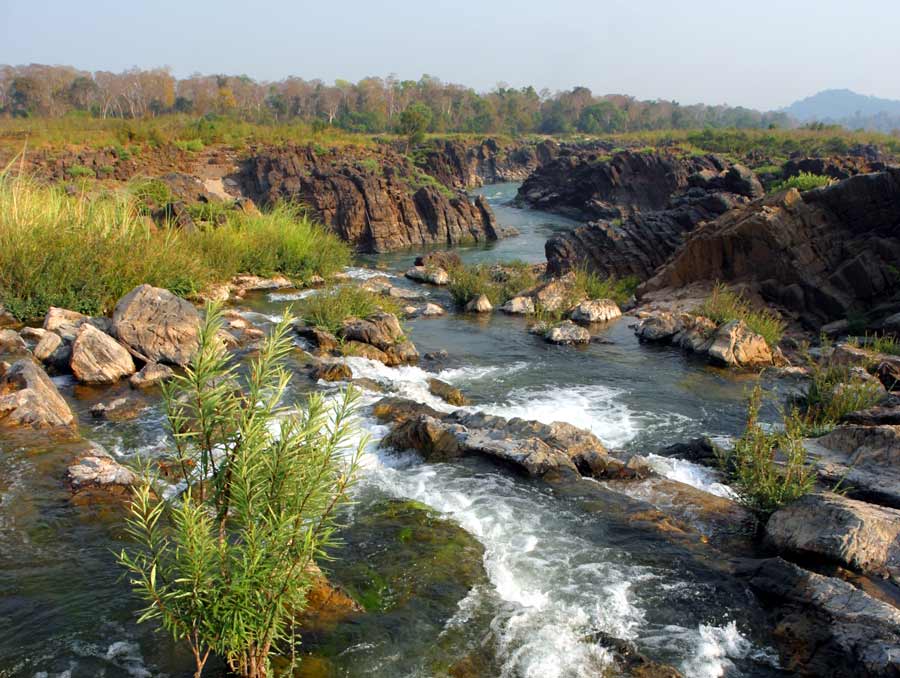If you have a computer and some spare time at home, you can help move research forward this Thursday, April 16 through Sunday, April 19, by participating in WeDigBio Lite, a virtual citizen science festival.
Volunteers from around the world will play a vital role in bringing museum collections online by transcribing handwritten information about specimens so it can be added to searchable databases, contributing to research around the world.
“If it takes three minutes to transcribe one specimen label, it would take one person 342 years working 24 hours a day to transcribe all of the specimens in the U.S. alone,” Julie Allen, biologist and assistant professor at the University of Nevada, Reno’s College of Science, said. “That’s why we need the public’s help.”
Museum specimens provide an invaluable record of life on Earth, telling the story of a changing climate, invasive species, evolution, disease and how plants and animals have moved over time. Many specimen labels, however, are handwritten, a roadblock in scientists’ efforts to find target species online or use them in big data studies.
"From volunteer efforts we have had more than 2.5 million specimens transcribed by more than 10,000 volunteers in the last few years of the project,” Allen said. “However, it is estimated that there are 1 to 2 billion specimens in the United States so we need more help to get this important work completed"
Allen, is also a curator at the University of Nevada, Reno’s Museum of Natural History, and the principal investigator for Notes from Nature, a digital platform for various museum research projects or “expeditions.” Citizen scientists’ transcription efforts help researchers investigate topics ranging from the ideal living conditions of lice to how climate change is affecting when plants flower in California.
"From Notes from Nature you can select among plants, insects and our newest project the Terrestrial Parasite Tracker where you can help transcribe specimens of bird lice,” she said. “You can either register and receive badges and watch your progress, or just go in and start transcribing! Find out more about our latest project on our Zooniverse project blog."
Notes from Nature, which was launched by Florida Museum Curator of Informatics Robert Guralnick, is one of the main platforms featured in the WeDigBio Lite event. Both initiatives have been funded by the National Science Foundation.
“Each transcription we do puts another point on our digital map of biodiversity and connects to our planet’s irreplaceable biological legacy,” Guralnick said.
Visit the Notes from Nature FAQ page to learn more about the basics of specimen transcription.
Connect with Notes from Nature @nfromn and WeDigBio @WeDigBio on Twitter.
